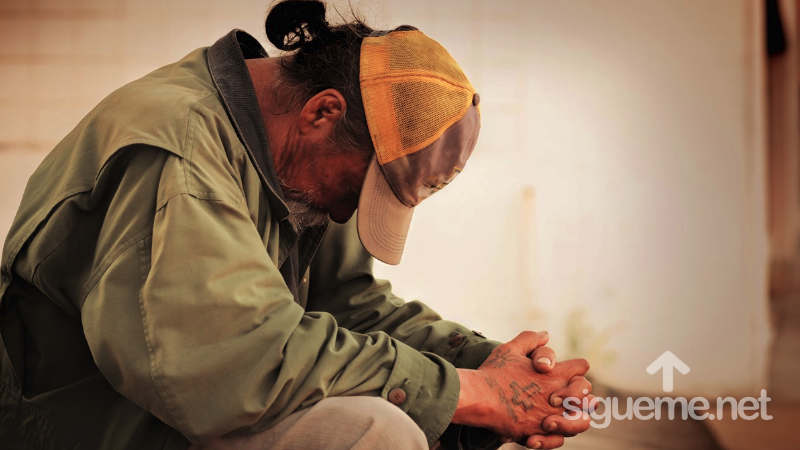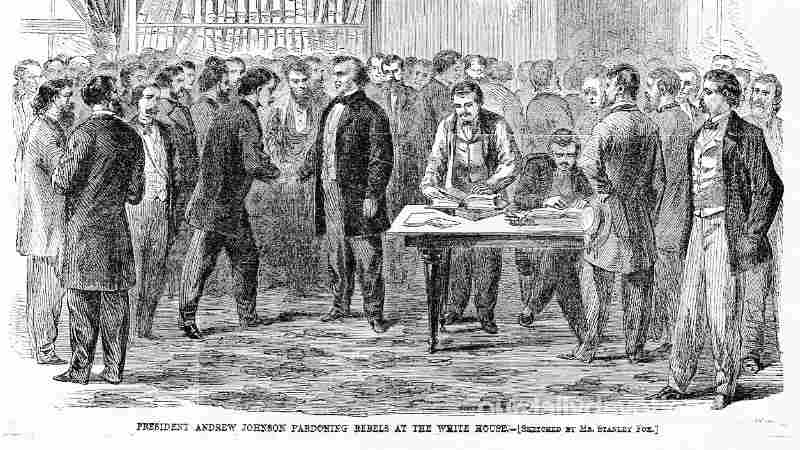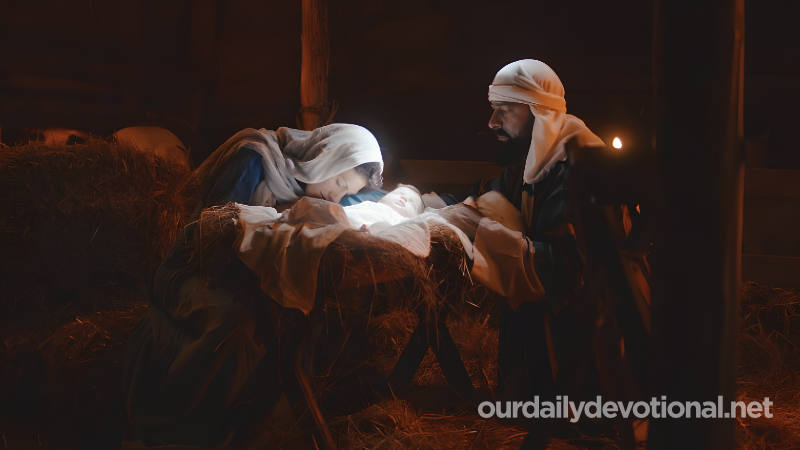(a) Magistrate in charge of resolving civil matters (Ex. 21:22; Deut. 16:18). Advised by his father-in-law, Moses established judges in Israel so as not to become overworked in judging minor issues (Ex. 18:13-26).
The so-called princes or elders already had a certain authority in civil and religious matters within the tribes. Moses introduced these leaders into the new judicial organization, and they became holders of his hereditary office of judge (Deut. 1:15-17; cf. 21:2).
Before he died, Moses ordered the Israelites to appoint judges and magistrates in all their cities when they settled in Canaan.
Judges should refer litigation that they consider too difficult to the priests (Deut. 16:18-20; 17:2-13; 19:15-20; cf. Josh. 8:33; 23:2; 24:1; 1 Sam. 8:1). With the advent of the monarchy, the king became the highest court of appeal in civil matters (2 Sam. 15:2; 1 Kings 3:9, 28; 7:7. cf. 1 Sam. 8:5) .
David attributed judicial functions to the Levites; he appointed 6,000 of them as magistrates and judges (1 Chron. 23:4; 26:29). King Jehoshaphat developed the administration of justice in Judah by establishing judges in the fortified cities and appointing a supreme court in Jerusalem, composed of Levites, priests and elders of the patriarchal houses.
This court acted under the presidency of the high priest for religious matters, and under that of the prince of the tribe of Judah for civil matters (2 Chron. 19:5-11).
The activity of judges was not limited to resolving disputes; They are often compared to kings (cf. Ps. 2:10; 148:11; Pr. 8:15, 16; Is. 33:22; 40:23; Am. 2:3).
(b) A man raised up by God to lead Israel's uprising against a foreign oppressor. According to the book of Judges, there were twelve of these liberators, not counting Abimelech, who was nothing more than a petty king tyrant (Judg. 9).
Othniel, of the tribe of Judah, freed Israel from the oppression of the king of Mesopotamia.
Ehud drove out the Moabites and Ammonites.
Shamgar killed 600 Philistines at once and liberated Israel.
Deborah encouraged Barak, under the leadership of both the men of Zebulun and Naphtali crushed the northern Canaanites.
Gideon expelled the Midianites from the territory of Israel.
Tola and Jair were also judges.
Jephthah defeated the Ammonites.
There were also Ibzan, Elon, Abdon and Samson, the adversary of the Philistines.
In addition to these twelve Eli and Samuel also exercised the functions of judges (1 Sam. 4:18; 7:15); the first in his capacity as high priest, the second as a prophet of Jehovah.
Judges of this type did not obtain a hereditary position, but rather emerged in times of need, sometimes as regional heroes, acting in limited sectors.
(For the chronological question of the book of Judges, see Anderson, Sir Robert: "The Prince who is to come", Pub. Portavoz Evangelico, Barcelona, PP. 111-112).
The 480 years mentioned in 1 Kings 6:1 refer, as Anderson evidences, to the sum of the years in which Israel was in possession of its land under the rule of the judges, excluding the years of foreign domination and oppression, rejected by God because of their idolatries.
Adding all the time periods, we reach a total of 573 from the Exodus to the fourth year of Solomon (93 years of oppression are indicated in Judges).
In the time of the judges the currents of isolationism were intense; The Jordan separated the tribes of the east from those of Palestine itself; The Jebusites and Gibeonites settled in the center of the country isolated Judah from the Israelites to the north.
The song of Deborah and the story of Jephthah show the weakness of national ties; At the same time, they reveal which tribes were able and willing to pool their resources and efforts (cf. Judges 6; 8:1-9; 12:1-6).
Judah's isolation was very serious (see JUDAH). But there were centralizing influences. There was a feeling of national unity: the war of extermination against Benjamin shows that the people were aware of their guilt and responsibility as a nation.
There was only one Ark for all the tribes, and it was deposited in the tabernacle in Shiloh (Josh. 18:1; Judges 21:19; cf. Ex. 23:14-17).
The Ark was transported to Bethel, where the Israelites gathered for battle and consulted Jehovah before knowing which tribe would attack Benjamin first (Judg. 20:8-29).
When the enemies oppressed severely, the entire people united because of the general calamity. Great liberators aroused in the nation feelings of loyalty and pride that contributed to unity for action.
Great liberations, favored by unity, consolidated the ties between the tribes. The glory of a common victory unified the people.
The time of the judges was the iron age of Israel: a cruel, barbaric, bloody time. The texts show that anarchy reigned (Judges 17:6; 21:25): «In those days there was no king in Israel; "Everyone did what seemed right to him."
The nation frequently fell into idolatry. It was difficult to go to the national shrine to worship Jehovah because of all the unrest in the country.
Jael murdering Sisera, Jephthah uttering a foolish vow and immolating his daughter, Gideon punishing the people of Succoth, the wickedness of Gibeah, all show the relentlessly cruel character of the time.
Against this dark framework contrast, in a blinding light, the filial and submissive piety of Jephthah's daughter; the figure of Ruth, not willing to abandon Naomi; the kind and honest physiognomy of Boaz
Meaning of JUDGE
(a) Magistrate in charge of resolving civil matters (Ex. 21:22; Deut. 16:18). Advised by his father-in-law, Moses established judges in Israel so as not to become overworked in judging minor issues (Ex. 18:13-26).







